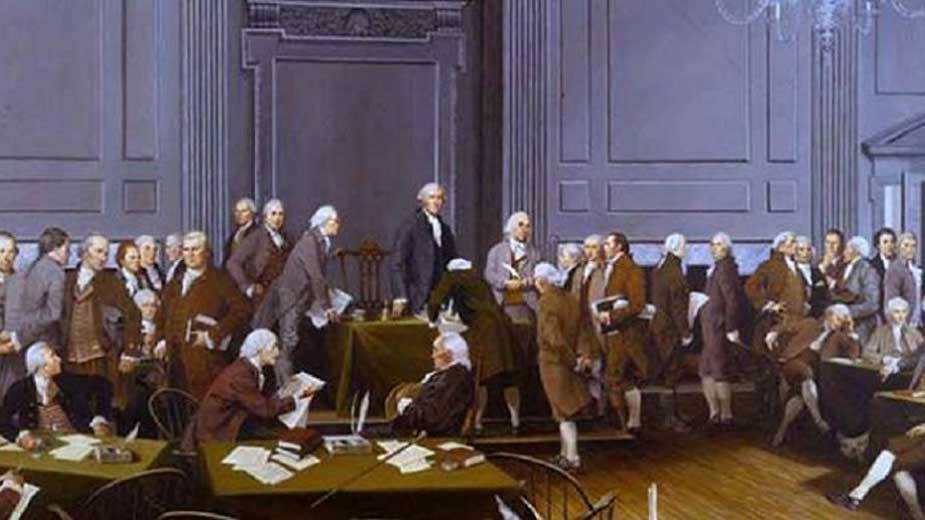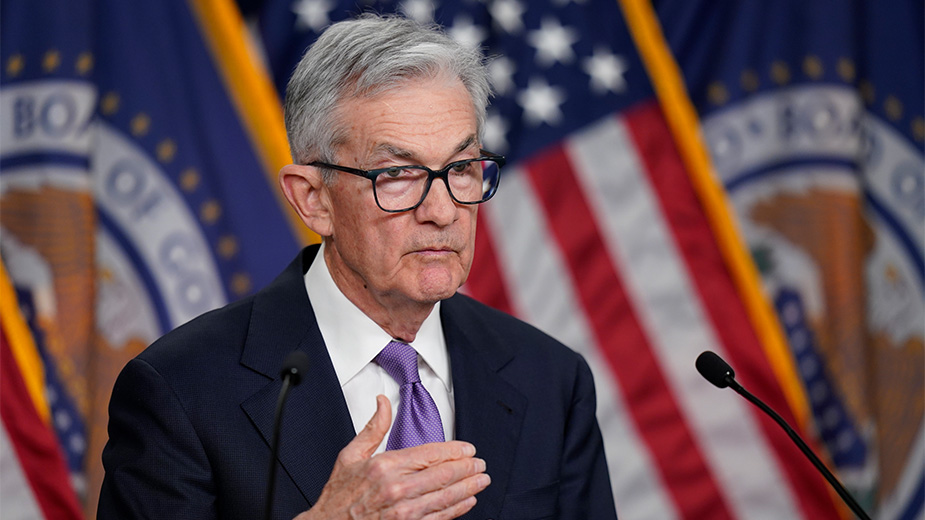A Primer on Why the Founders Created the Electoral College
By Carl Rafoth
CANFIELD, Ohio — Article II Section 1 of the U.S. Constitution states in relevant part:
Each state shall appoint in such manner as the legislature thereof may direct, a number of Electors, equal to the whole number of Senators and Representatives to which the state may be entitled in the Congress…
The Twelfth Amendment ratified in 1804 directed the electors to meet in their respective states, and vote by ballot for president and vice president. The electors then name in their ballots the person voted for as president, and in distinct ballots the person voted for as vice president. The persons having the greatest number of votes shall be the president and vice president respectively.
Many electors vote according to the popular vote, bound by their state’s laws, party pledges or party loyalty. Almost as many state electors are not so bound, but in practice most do so. Neither the Constitution nor federal law requires the electoral vote to mimic the popular vote.
Thus, it is possible (as in 2016) a presidential candidate may garner nationwide the most votes and not win the presidency.
Alexander Hamilton viewed the electoral system as superior to direct popular election.
First, in Federalist No. 68 he recognized the “sense of the people should operate in the choice,” and would do so through the election of electors to the Electoral College.
Second, the electors would be:
“— the men “most capable of analyzing the qualities adopted to the station and acting under circumstances favorable to deliberation, and to a judicious combination of all the reasons and inducements which were proper to govern their choice.”
A successful candidate for the office of the presidency therefore is a reflection of a cross section of states, from coast to coast and not just of a few highly populated states.
Without the Electoral College a nation could “sacrifice to its ruling passion or interest both the public good and the rights of other citizens” so stated the French philosopher Alexis de Tocqueville, who toured the United States studying and commenting on our unique form of government shortly after its founding.
No other form of electing a national head of state is best suited to prevent as de Tocqueville put it “the tyranny of the majority.”
Those who urge elimination of the Electoral College should be reminded that only once in the last 116 years (before 2016) has the presidential candidate won the majority vote and lost the Electoral College vote.
Without the Electoral College, only a few highly populated states, especially those on either coast and a few others in between could effectively elect the president of the United States. Without the Electoral College, rural areas would be completely ignored – so would most of middle America.
Candidates campaign where they expect to garner the most votes. Why rally in “safe zones” such as college campuses or in small towns when the voters in other locations or geographical areas are up for grabs? A politician who ignores a wide swath of America does so at great peril to being elected.
Losers complain the loudest and make most of the media “news.” By the way, every time a presidential candidate won the majority vote but lost the Electoral College vote, that candidate represented the same political party. No wonder why it pushes to abolish this distinguishing feature of our democratic republic of representative government.
As Alexander Hamilton stated:
“Talent for low intrigue, and the little arts of popularity, may alone suffice to alleviate a man to the first honors of a single state; but it will require other talents, and a different kind of merit, to establish him in the esteem and confidence of the whole union, or of so considerable a portion of it as would be necessary to make him a successful candidate for the distinguished office of President of the United States.”
Misguided attempts to abolish the Electoral College would require a constitutional amendment for which there is no widespread thoughtful clamor.
The author, Carl Rafoth, is an attorney with the Canfield-based law firm of Friedman & Rummell.
Copyright 2024 The Business Journal, Youngstown, Ohio.



